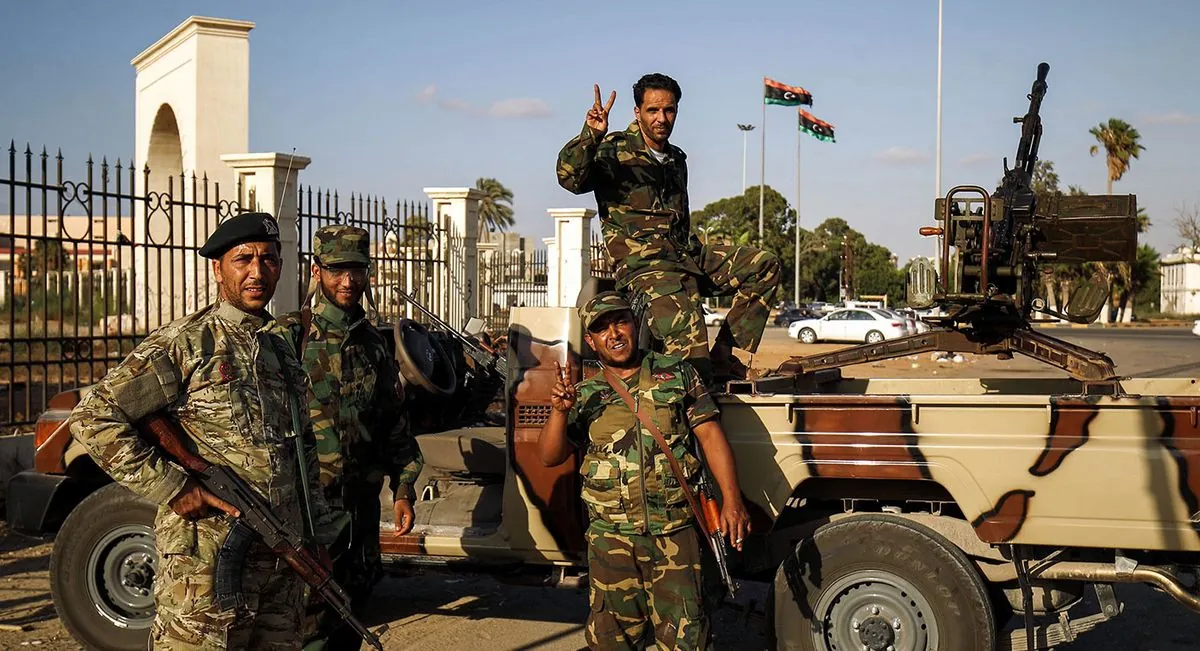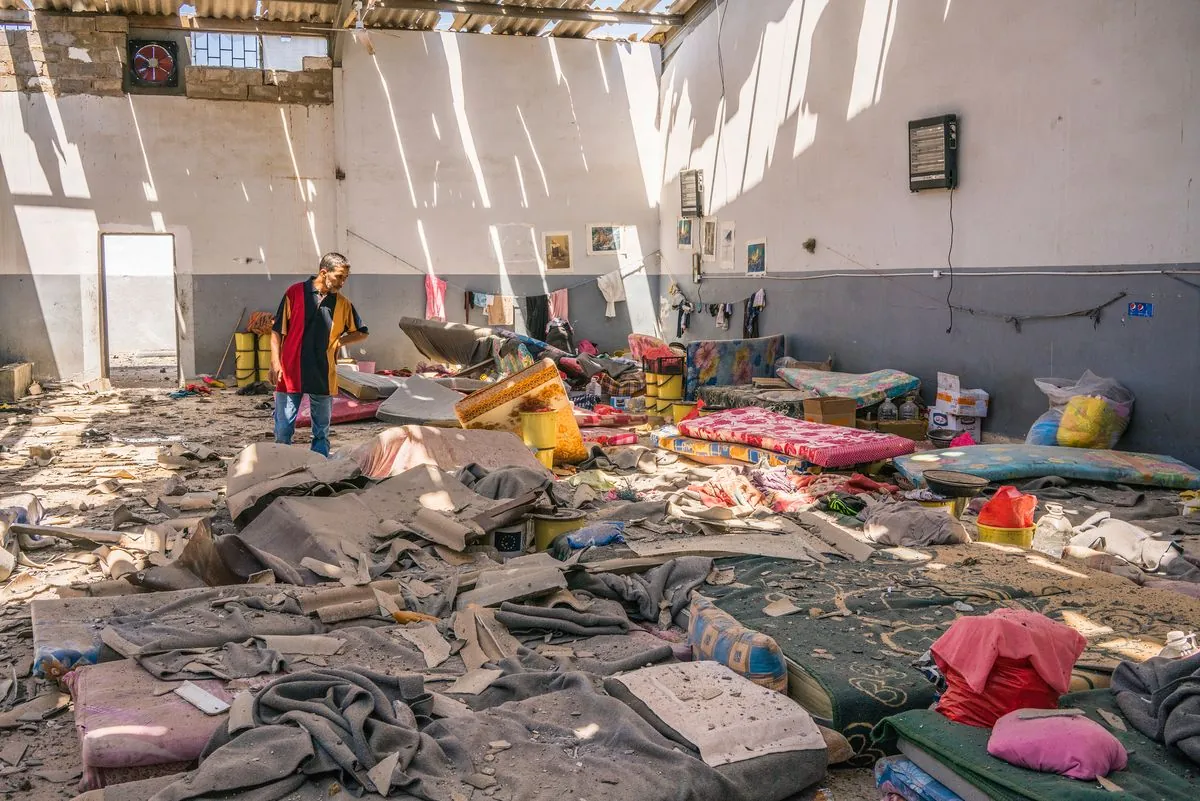Deadly Clashes Erupt in Tripoli Suburb, Leaving 9 Dead and 16 Injured
Armed conflict in Tajoura, east of Tripoli, results in multiple casualties. The incident highlights ongoing instability in Libya since the 2011 uprising against Muammar Gaddafi's regime.

On August 9, 2024, a violent confrontation between two armed groups in Tajoura, a coastal district approximately 14 km east of Tripoli, resulted in at least nine fatalities and sixteen injuries. The incident underscores the persistent instability in Libya since the 2011 NATO-backed uprising that led to the overthrow of long-time ruler Muammar Gaddafi.
A local resident, who requested anonymity due to security concerns, reported intense gunfire before Friday prayers. The conflict lasted for approximately two hours before calm was restored. The ambulance and emergency authority shared brief video footage showing their teams recovering a body from the scene.

As of now, the identities of the involved factions and the reasons behind the conflict remain unclear. This event is part of a broader pattern of unrest that has plagued Libya since 2014 when the country became divided between eastern and western factions.
Libya, a nation of approximately 7 million people, has faced numerous challenges since gaining independence from Italy in 1951. The country boasts the largest proven oil reserves in Africa, with its economy heavily reliant on the oil sector, accounting for over 95% of export earnings. Despite its natural wealth, Libya has struggled to achieve stability and economic prosperity.
The political landscape of Libya has been tumultuous since the fall of Gaddafi, who ruled the country for 42 years from 1969 to 2011. The NATO-backed uprising that ended his regime was followed by a period of hope for democratic change. However, the country soon descended into factional conflicts and civil unrest.
Libya's geography and climate present unique challenges and opportunities. The country shares borders with six nations and features a predominantly barren terrain with flat to undulating plains, plateaus, and depressions. While the coastal regions enjoy a Mediterranean climate, the interior is extremely arid. To address water scarcity, Libya has implemented the Great Man-Made River project, the world's largest irrigation initiative, supplying water to coastal cities.
"Our teams have retrieved bodies and are providing assistance to the wounded. We urge all parties to cease hostilities and allow medical personnel to carry out their duties safely."
The recent clashes in Tajoura serve as a stark reminder of the ongoing security challenges facing Libya. As the country continues to grapple with political divisions and armed conflicts, the international community remains concerned about the impact on regional stability and the welfare of the Libyan people.


































